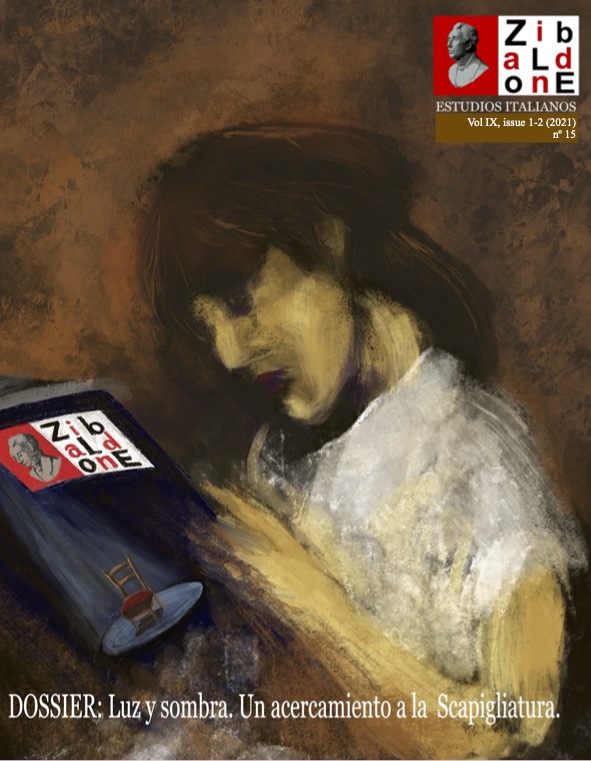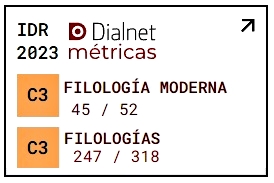Engagement, communication and consolation in the storyteller's theater
Keywords:
Dario Fo, Narrative theatre, Marco Baliani, Marco Paolini, Ascanio Celestini Abstract
Abstract
In the context of the Italian theatre of the second half of the twentieth century, mostly characterized by a propensity towards the aesthetic and the formalistic, the productions of the narratori (storytellers) are often charged with an ethical and civil value, following in the footsteps of Dario Fo in whose giullarate it is possible to identify the archetype of a storytelling theatre based on a strong political engagement. The narratori, indeed, investigated the most significant tragedies of Italian public history and the contradictions of contemporaneity. However, many narrative shows – despite their antagonistic and counter-informative intent – risk becoming somehow consolatory. Since their spectators usually share the same political and ideological values as the narratori themselves, they tend to listen to their words for confirmation of the goodness and equity of their own ideas. Another point to consider is that the success of the narratori has led a large number of actors and even amateur actors (journalists, scientists, and writers) to stage narrative shows, with an unavoidable and progressive attrition of the model taken as an example
 Downloads
Downloads
Downloads
Published
How to Cite
-
Abstract525
-
PDF 349
Issue
Section
License

All contents of this electronic edition, except where otherwise noted, are distributed under a “Creative Commons Attribution 3.0 Spain” license (CC-by). You may read here the basic information and the legal text of the license. The indication of the license CC-by must be expressly stated in this way when necessary.
Self-archiving in repositories, personal webpages or similar, of any version other than the published by the Editor, is not allowed.






